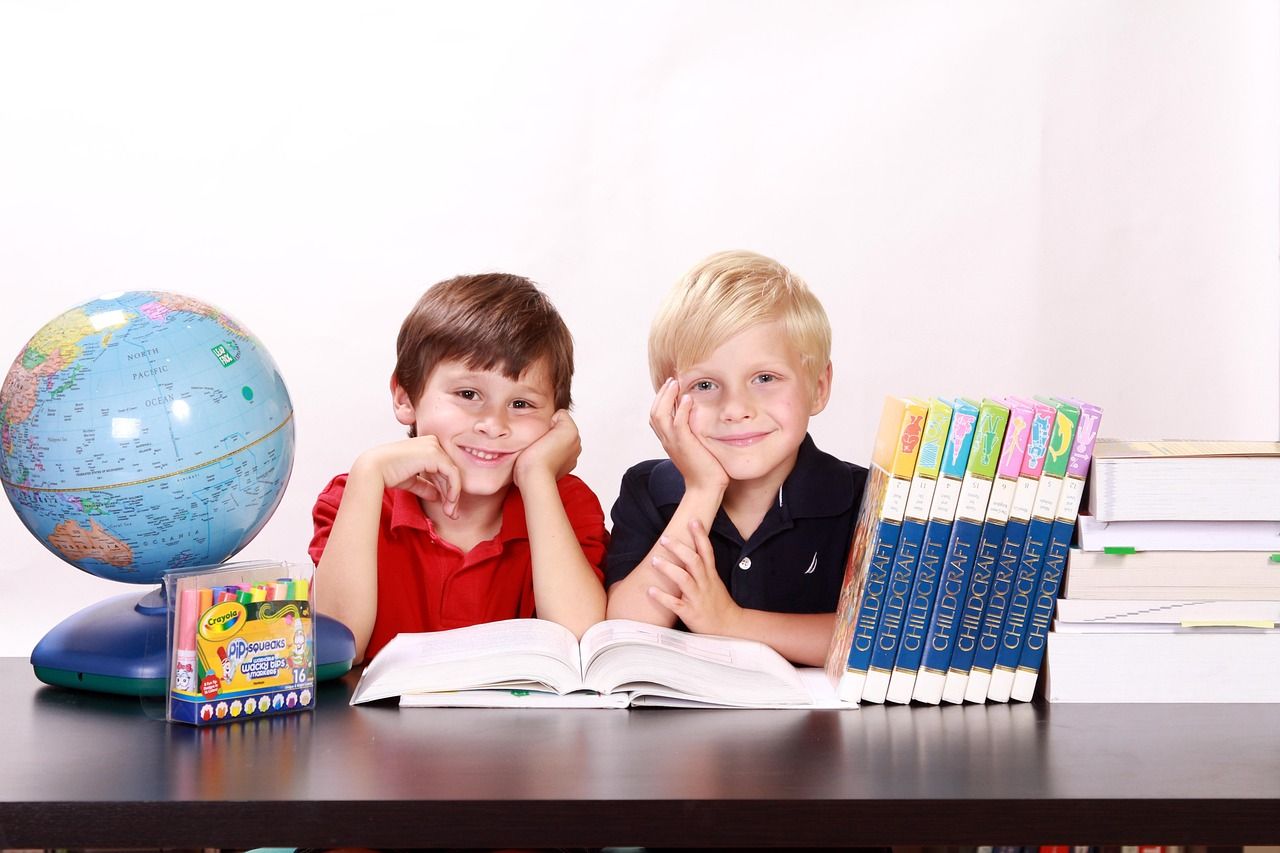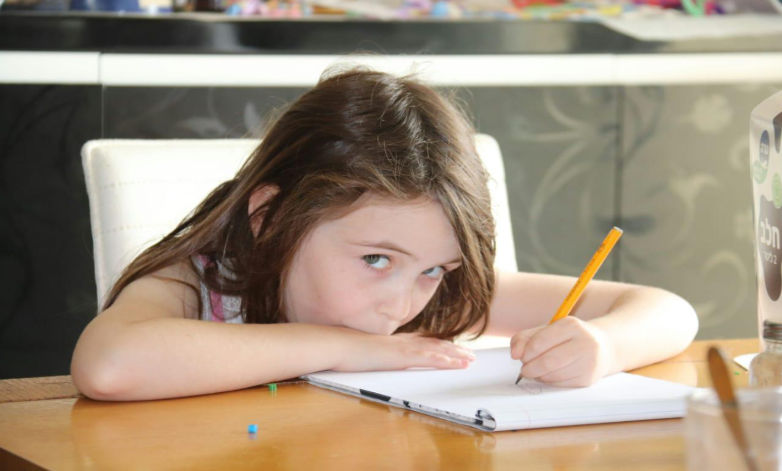Languages Easy to Learn by Children
The ease of language learning depends on various factors, including the child's age, native language, and individual learning style.
25-06-2025Whether you're a polyglot in progress or just deeply passionate about language and communication, countless engaging activities can make the journey even more enjoyable and fulfilling.
For language enthusiasts, learning a new language is a vibrant, lifelong adventure filled with discovery, creativity, and connection. Whether you're a polyglot in progress or just deeply passionate about language and communication, countless engaging activities can make the journey even more enjoyable and fulfilling. You can play and learn simultaneously. Here are some of the most fun and effective ways to immerse yourself in language learning:
One of the most enjoyable ways to learn a language is through movies, series, and documentaries in your target language. Watching with subtitles (first in your native language, then in the target language) helps build listening skills, vocabulary, and cultural understanding. Try shows from different genres to get a feel for both formal and informal speech.
Interacting with native speakers is one of the fastest ways to improve. Join in-person meetups, conversation clubs, or use language exchange apps like Tandem, HelloTalk, or Speaky. These platforms allow for real-time communication with native speakers, which enhances fluency and builds friendships around the world.
Gamifying your language practice can make studying feel more like play than work. Apps like Duolingo, Memrise, and Wordwall offer interactive games and flashcards that test your knowledge and reinforce learning. You can also make your quizzes, puzzles, or board games using vocabulary lists or grammar topics.
Start with children’s books or comics in your target language; they often use simple vocabulary and lots of context clues. As you grow in proficiency, you can progress to novels, short stories, or even poetry. Reading not only builds vocabulary but also strengthens your sense of sentence structure and idiomatic expression.
Writing regularly in your target language helps with grammar, vocabulary recall, and expression. Start a language diary to record your thoughts, describe your day, or write letters to imaginary pen pals. Over time, you'll see tangible growth in your ability to express complex ideas.
Listening to and singing songs in your target language boosts pronunciation and listening comprehension. Music helps you internalise rhythm, tone, and colloquial expressions. Choose genres you enjoy, find lyrics online, and sing along; it’s fun and deeply effective.
Food is a universal language, and cooking dishes from other cultures is both educational and delicious. Follow recipes written in the language you’re learning; this will help you pick up cooking terms, imperative verbs, and common phrases.
Turn your home into a mini-language immersion zone by labelling everyday objects with sticky notes in your target language. This constant visual reinforcement helps with vocabulary recall and builds familiarity through daily exposure.
Follow influencers, language learners, news outlets, or meme pages in your target language. Comment, read captions, and try to join conversations. This real-time use of the language makes it more dynamic and relevant to your interests.
Join month-long language challenges like the #30DayLanguageChallenge, where each day has a fun prompt such as "describe your favourite food" or "talk about your dream trip." Challenges add structure and variety while keeping things light-hearted and engaging.
Language learning doesn't have to be a solitary, rigid process. By incorporating fun and interactive activities into your routine, you not only enhance your skills but also deepen your love for languages and cultures. Whether through music, food, games, or conversation, every moment of play can become a step toward fluency, and every word a doorway into a new world.
Spread the Knowledge! 🚀
Found this article useful? Click the Share button below and let others benefit too!

The ease of language learning depends on various factors, including the child's age, native language, and individual learning style.
25-06-2025
Let your daily routine be a bridge between where you are now and where you want to be, fluent, confident, and exam-ready.
17-06-2025
Distractions are a normal part of every child’s learning journey. Rather than fighting them head-on with frustration, it's more effective to understand their root causes and turn learning into something dynamic and enjoyable.
23-04-2025